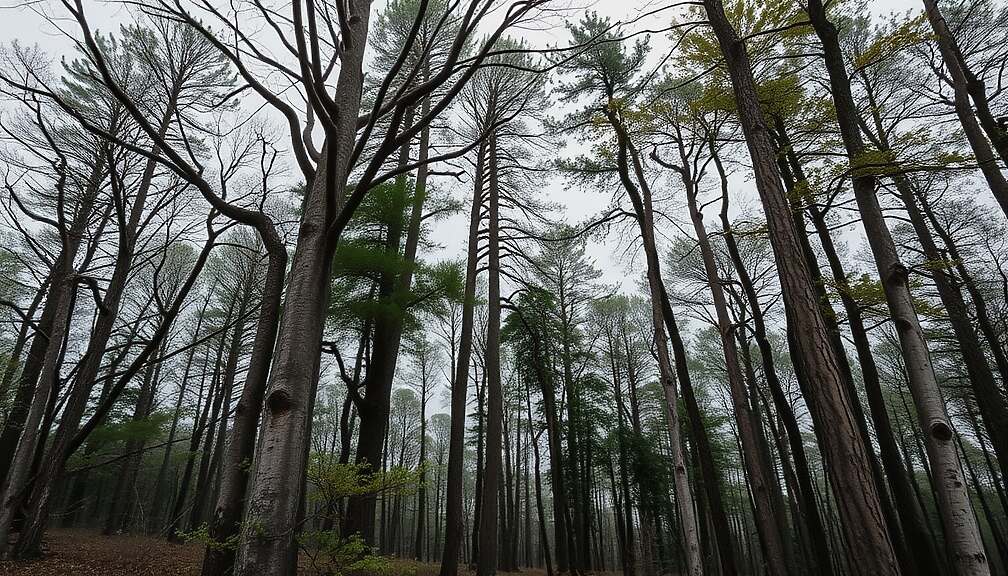A new study from the Technical University of Munich has quantified the potential economic impact of climate change on European forestry, revealing significant regional disparities. The research, released this week, projects substantial costs for forest owners across the continent, while also highlighting areas that could experience benefits.
The study modeled the effects of climate change through the end of the century, assessing how varying climatic conditions would influence forest growth and timber yields. Results indicate that costs for forest owners are expected to rise across all modeled scenarios. While damages during the baseline period of 1981-2005 amounted to approximately €115 billion, these could climb to as much as €247 billion under a scenario involving a 4.8°C increase in global temperature.
The research underscores that while extended growing seasons and higher atmospheric CO2 levels offer potential gains, these are not uniformly distributed. Southern European forests face a situation where the costs associated with climate change are likely to outweigh any potential revenue increases. Conversely, forests in Scandinavian regions are projected to experience positive effects from these climatic shifts.
Researchers emphasize the urgent need for targeted adaptations within the forestry sector. Recommendations focus on minimizing economic losses and fostering climate-resilient forest ecosystems to mitigate the escalating risks. This includes strategic forest management practices designed to address specific regional vulnerabilities.












